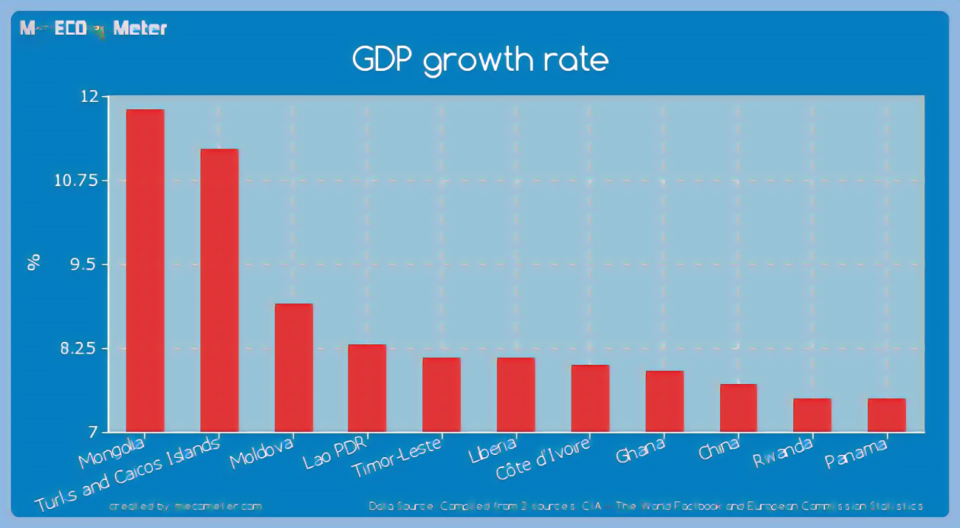MONROVIA- The World Bank has launched a new report titled Liberia Poverty Assessment 2023 Report: Towards a More Inclusive Liberia.
The report highlights that while 3 out of 10 people in Monrovia are living in poverty, the situation is significantly worse in rural areas, where 8 out of 10 individuals were affected by poverty in 2016. This stark disparity between urban and rural areas poses a significant challenge to poverty reduction efforts in Liberia, a World Bank press release said March 18, 2024.
The report describes Liberia as one of the world’s poorest countries, having experienced a volatile growth trajectory marked by challenges of fragility. Despite possessing significant natural resources such as gold, iron ore, and plenty of land, Liberia’s economic performance has been unstable, largely hindered by conflict and reliant on exports of primary commodities. This resource-driven growth model has failed to generate sufficient employment opportunities for Liberians or foster broad-based growth and development, further exacerbating the country’s poverty and economic challenges.
“While the findings of the Poverty Assessment are stark and sobering, we hope they will be useful for driving intensified action to address the worsening situation of poverty facing millions of Liberians – particularly the most vulnerable,” said Georgia Wallen, World Bank Country Manager for Liberia. “The World Bank and the Government of Liberia share a common ambition, rooted in the World Bank’s mission to end extreme poverty and promote shared prosperity on a livable planet.”
Liberia’s urban centers, spearheaded by Monrovia, have seen a decline in poverty, but rural areas tell a different story. Between 2014 and 2016, rural poverty surged by 11.2 percentage points to reach 81.2 percent. This disparity stems from faltering agricultural production amidst overall economic growth driven primarily by the mining sector, a sector that has few if any linkages to the poor. Concurrently, Liberia’s GDP per capita has been in decline at an average annual rate of -2.8 percent, with a continued slump of -2.0 percent since 2017. This economic downturn exacerbates rural livelihoods, widens the poverty gap, and leaves the most vulnerable even worse off. Addressing this divergence is crucial for a more equitable economic trajectory.
Poverty in Liberia remains a formidable challenge, with over half of the population still living below the poverty line. “Understanding the underlying causes and potential pathways out of poverty are essential for making meaningful progress to improve living standards and livelihoods,” said Johan Mistiaen, World Bank Poverty & Equity Practice Manager. “Liberia successfully implemented a new population census in 2023-this is a great achievement-and the ongoing preparations by LISGIS to collect a new integrated household income and expenditure survey is welcome news.” In fact, the new survey will close a 10-year-old data gap and provide a new benchmark to monitor poverty incidence, inform and assess policies.
The Liberia Poverty Assessment reveals that poverty could decrease, contingent upon positive GDP growth benefiting the poor and vulnerable. Yet, global market volatility puts Liberia at a crossroads, necessitating focusing on building resilience amongst the population with particular attention to the rural poor. However, despite low monetary inequality, poverty persists due to meager incomes.
Recommendations to tackle these economic challenges include bolstering macro and fiscal stability through fiscal management, efficient taxation, and attracting foreign investment. Investing in agriculture is critical for both poverty alleviation and climate resilience, requiring infrastructure enhancements and climate-smart practices. Securing land tenure and fair agricultural concessions can promote development while safeguarding local interests. Human capital investment is crucial, with a focus on better education and healthcare. Lastly, a robust statistical system with expanded data collection across sectors is essential for evidence-based policymaking. This pragmatic and inclusive approach aims to pave Liberia’s path to enduring prosperity amidst global uncertainty.

